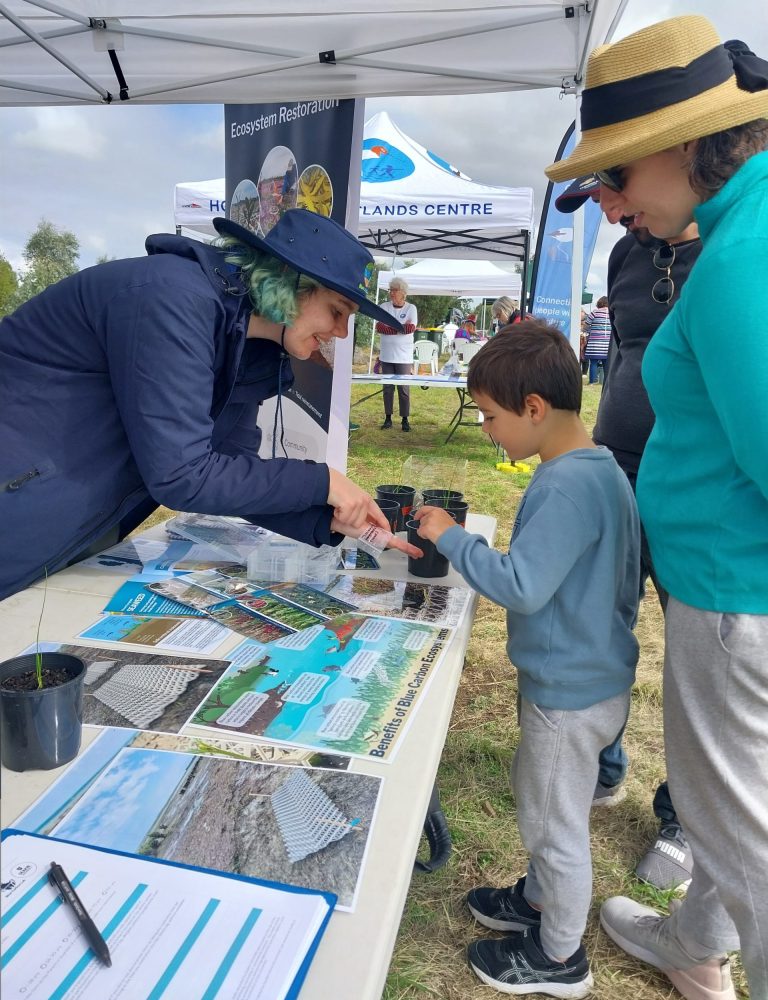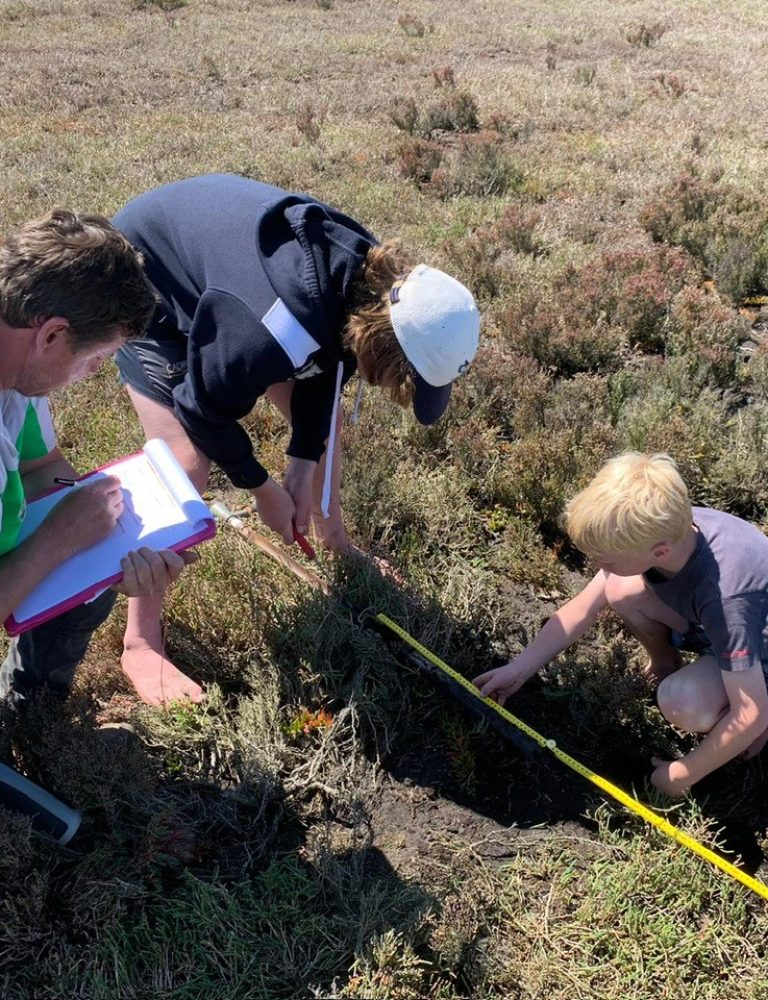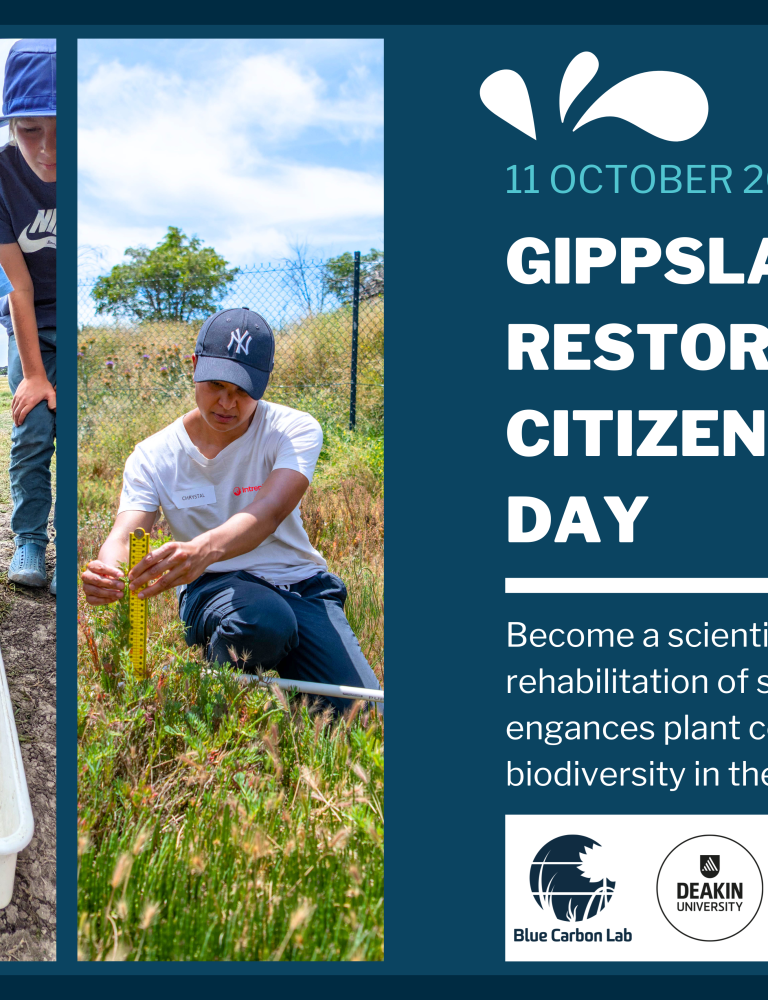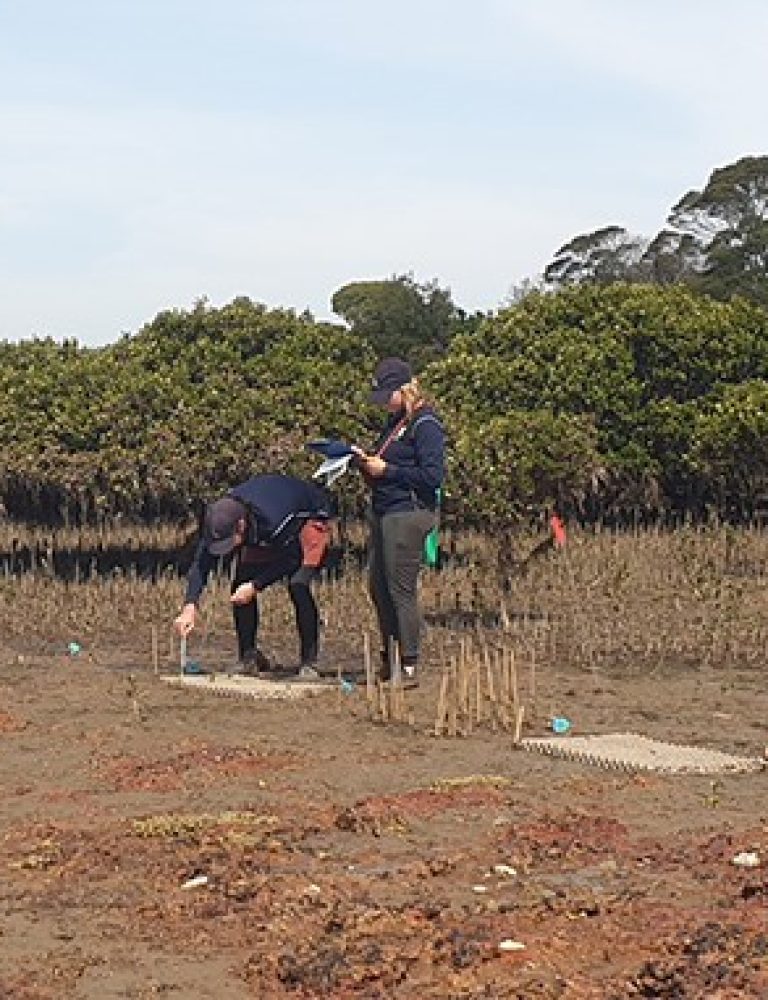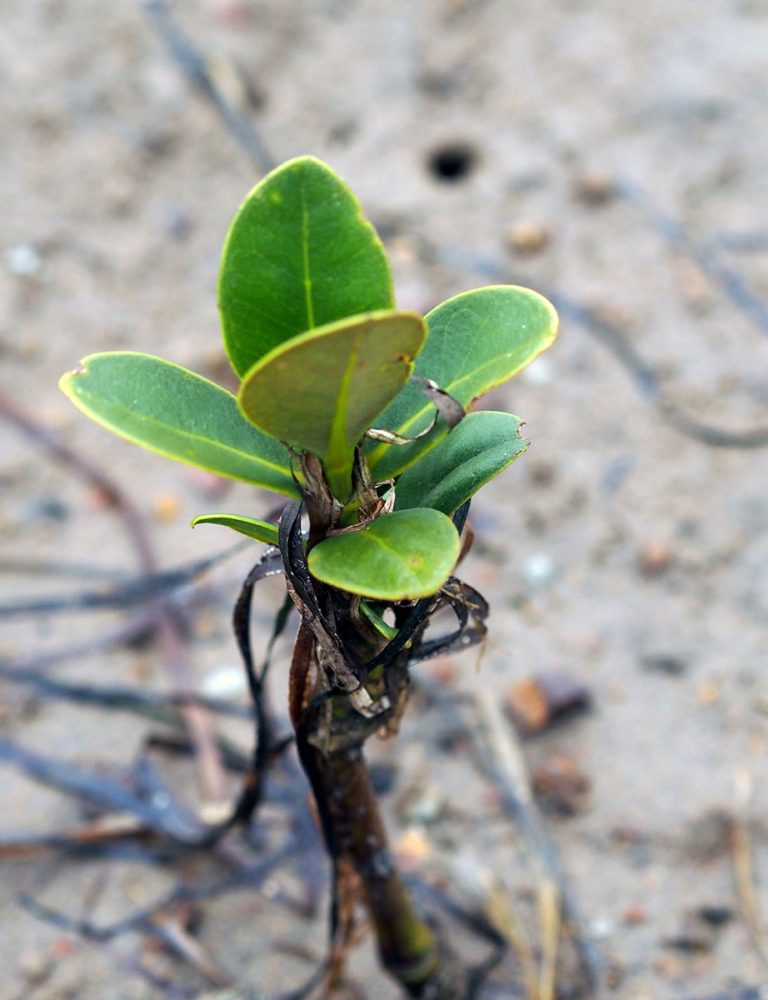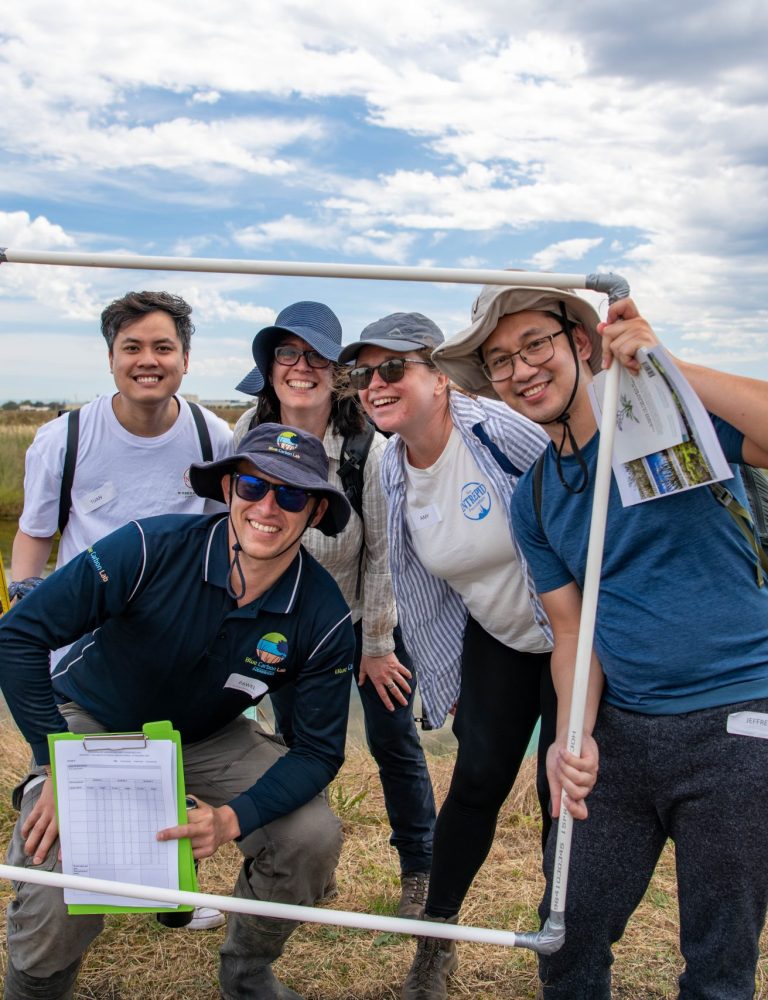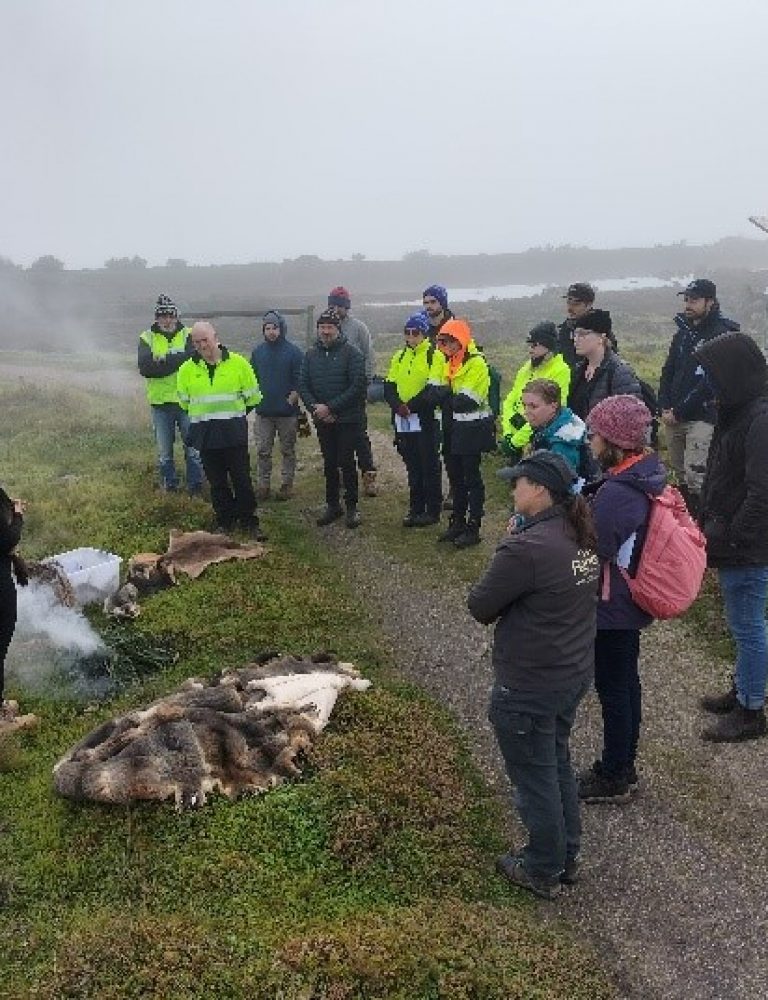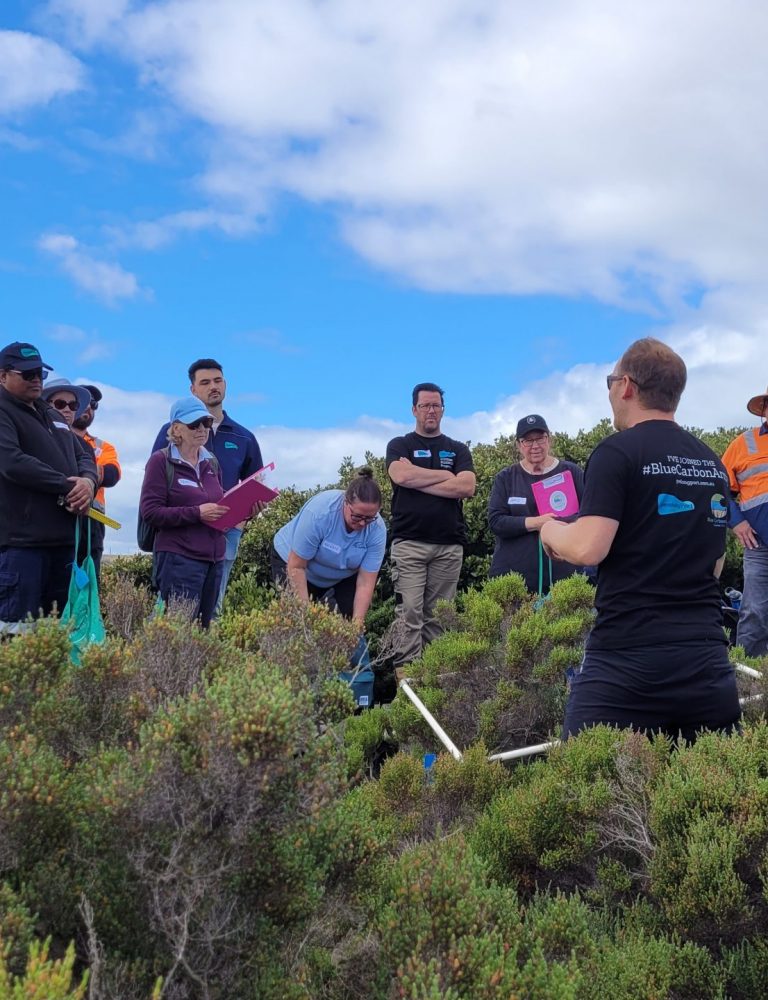CITIZEN SCIENCE PROGRAMS
The #BlueCarbonArmy is a citizen science program and immersive experience aimed at educating community members into the value of coastal wetlands, while contributing to Blue Carbon research.
Selected media
Updates from the field
-
-
-
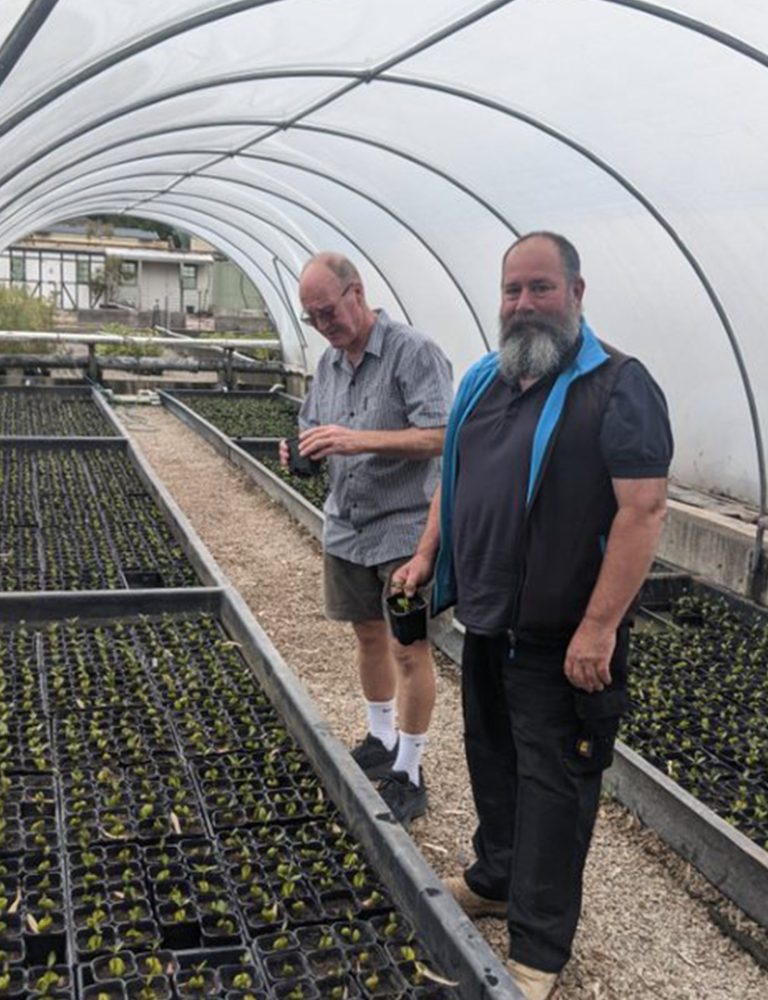
Growing Outreach and Engagement to #ReGenOurCoasts
Citizen Science,#ReGenOurCoasts / February 28, 2023
-
-

